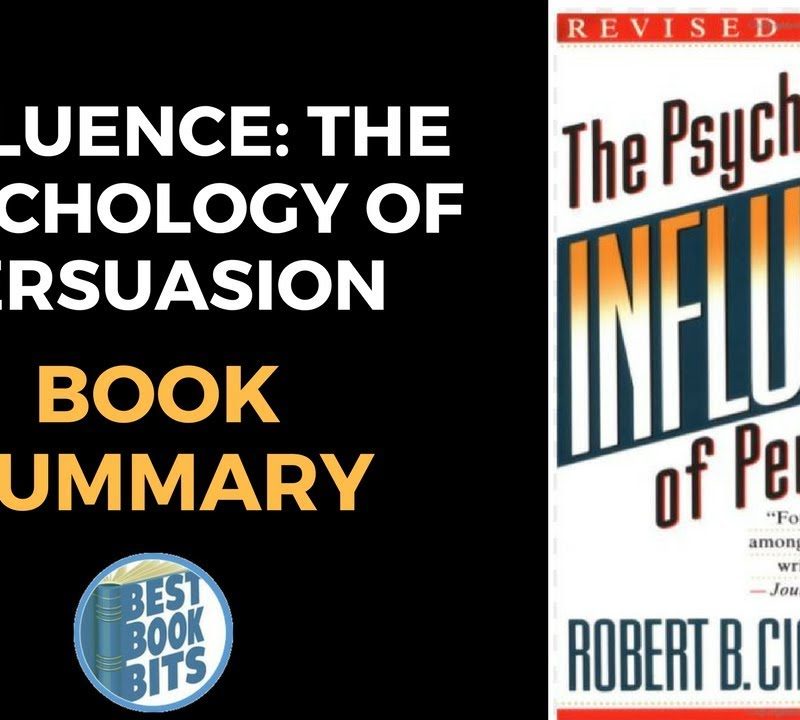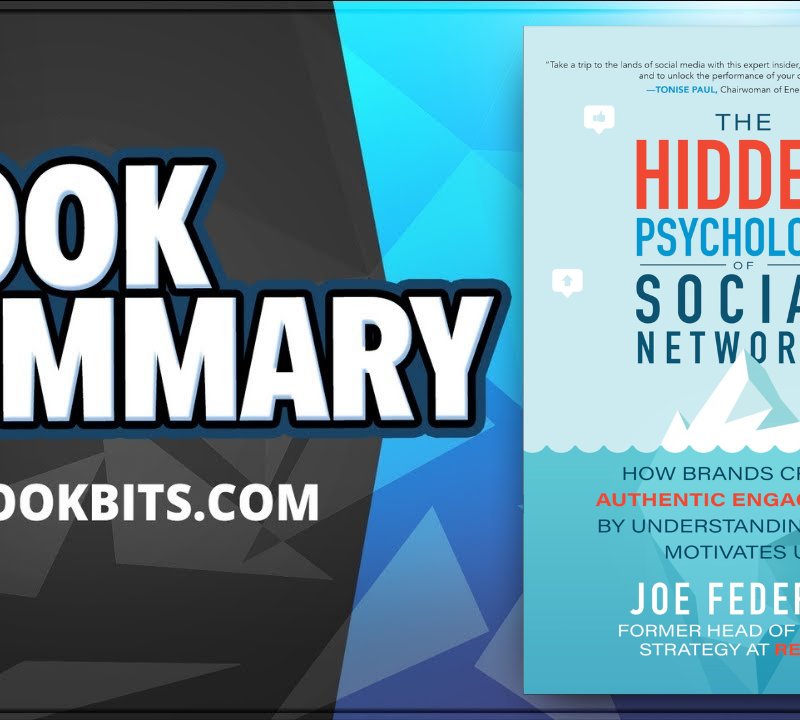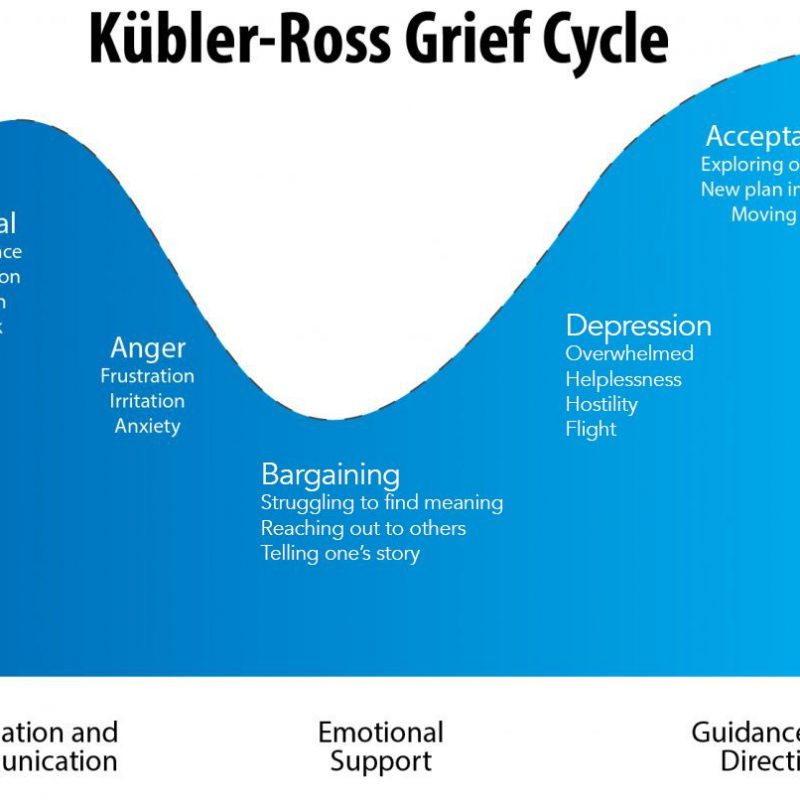★ DOWNLOAD THIS FREE PDF SUMMARY HERE OR GET MY FREE BOOK HERE
★ 150 PDF Summaries | Bestbookbits Course | Youtube | Spotify | Instagram | Facebook | Newsletter | Book Club | Website
- Decisions made very quickly can be every bit as good as decisions made cautiously and deliberately.
- Our unconscious is a powerful force. But it’s fallible. It’s not the case that our internal computer always shines through, instantly decoding the “truth” of a situation. It can be thrown off, distracted, and disabled. Our instinctive reactions often have to compete with all kinds of other interests and emotions and sentiments.
- Our world requires that decisions be sourced and footnoted, and if we say how we feel, we must also be prepared to elaborate on why we feel that way.
- It was a lot easier to listen to the scientists and the lawyers because they could provide pages and pages of documentation supporting their conclusions. But that approach is a mistake, and if we are to learn to improve the quality of the decisions we make, we need to accept the mysterious nature of our snap judgments. We need to respect the fact that it is possible to know without knowing why we know and accept that—sometimes—we’re better off that way.
- What we think of as free will is largely an illusion: much of the time, we are simply operating on automatic pilot, and the way we think and act—and how we think and act on the spur of the moment—are a lot more susceptible to outside influences than we realize.
★ DOWNLOAD THIS FREE PDF SUMMARY HERE OR GET MY FREE BOOK HERE
★ 150 PDF Summaries | Bestbookbits Course | Youtube | Spotify | Instagram | Facebook | Newsletter | Book Club | Website
- Your unconscious, in this sense, was acting as a kind of mental valet. It was taking care of all the minor mental details in your life. It was keeping tabs on everything going on around you and making sure you were acting appropriately, while leaving you free to concentrate on the main problem at hand.
- We have, as human beings, a storytelling problem. We’re a bit too quick to come up with explanations for things we don’t really have an explanation for.
- Our unconscious attitudes may be utterly incompatible with our stated conscious values.
- Most of us, in ways that we are not entirely aware of, automatically associate leadership ability with imposing physical stature. We have a sense of what a leader is supposed to look like, and that stereotype is so powerful that when someone fits it, we simply become blind to other considerations.
- Excellent salesmen try to treat every customer exactly the same because they are aware of just how dangerous snap judgments are when it comes to race and sex and appearance.
- Just because something is outside of awareness doesn’t mean it’s outside of control.
- Our first impression is generated by our experiences and our environment, which means that we can change our first impressions—we can alter the way we thin-slice—by changing the experiences that comprise those impressions.
- Gary Klein, the author of Sources of Power, studied nurses, intensive care units, firefighters, and other people who make decisions under pressure, and one of his conclusion is that when experts make decisions, they don’t logically and systematically compare all available options. That is the way people are taught to make decisions, but in real life it is much too slow.
- Spontaneity isn’t random. How good people’s decisions are under the fast-moving, high-stress conditions of rapid cognition is a function of training and rules and rehearsal.
- As human beings, we are capable of extraordinary leaps of insight and instinct. We can hold a face in memory, and we can solve a puzzle in a flash. But all these abilities are incredibly fragile. Insight is not a lightbulb that goes off inside our heads. It is a flickering candle that can easily be snuffed out.
- We assumed that the more information decision makers have, the better off they are. But the truth is quite opposite: that all that extra information isn’t actually an advantage at all; that, in fact, you need to know very little to find the underlying signature of a complex phenomenon.
- As we received more information, our certainty about our own decisions becomes entirely out of proportion to the actual correctness of those decisions.
- Truly successful decision making relies on a balance between deliberate and instinctive thinking. In good decision making, frugality matters. Less is more. Overloading the decision makers with information makes picking up that signature harder, not easier.
- Snap judgments can be made in a snap because they are frugal, and if we want to protect our snap judgments, we have to take steps to protect that frugality.
- When we talk about analytic versus intuitive decision making, neither is good or bad. What is bad is if you use either of them in an inappropriate circumstance.
- Everyone wants to capture the mysterious and powerful reactions we have to the world around us. The people who make movies or detergent or cars or music all want to know what we think of their products. We thought that the most accurate way to find out how consumers feel about something is to ask them directly. But while people are willing and very good at volunteering information explaining their actions, those explanations, particularly when it comes to the kinds of spontaneous opinions and decisions that arise out of the unconscious, aren’t necessarily correct.
- Clever packaging allows a company to put out a bad-tasting product. The taste of the product itself matters a great deal. Their point is simply that when we put something in our mouth and in that blink of an eye decide whether it tastes good or not, we are reacting not only to the evidence from our taste buds and salivary glands but also to the evidence of our eyes and memories and imaginations, and it is foolish of a company to service one dimension and ignore the other.
- Our unconscious reactions come out of a locked room, and we can’t look inside that room. But with experience we become expert at using our behavior and our training to interpret—and decode—what lies behind our snap judgments and first impressions.
★ DOWNLOAD THIS FREE PDF SUMMARY HERE OR GET MY FREE BOOK HERE
★ 150 PDF Summaries | Bestbookbits Course | Youtube | Spotify | Instagram | Facebook | Newsletter | Book Club | Website
- The most common—and most important—forms of rapid cognition are the judgments we make and the impressions we form of other people. Every waking minute that we are in the presence of someone, we come up with a constant stream of predictions and inferences about what the person is thinking and feeling.
- The face is an enormously rich source of information about emotion. The information on our face is not just a signal of what is going on inside our conscious mind. In a certain sense, it is what is going on inside our unconscious mind.
- We take it as a given that first we experience an emotion, and then we may—or may not—express that emotion on our face. We think of the face as the residue of emotion. What research showed, through, is that the process works in the opposite direction as well. Emotion can also start on the face. The face is not a secondary billboard for our internal feelings. It is an equal partner in the emotional process.
- We can all mind-read effortlessly and automatically because the clues we need to make sense of someone social situation are right there on the faces of those in front of us.
- Our mind, faced with a life-threatening situation, drastically limits the range and amount of information that we have to deal with. Sound and memory and broader social understanding are sacrificed in favor of heightened awareness of the threat directly in front of us.
- Most of us, under pressure, get too aroused, and past a certain point, our bodies begin shutting down so many sources of information that we start to become useless.
- When we make a split-second decision, we are really vulnerable to being guided by our stereotypes and prejudices, even ones we may not necessarily endorse or believe.
- Our unconscious thinking is, in one critical respect, no different from our conscious thinking: in both, we are able to develop our rapid decision making with training and experience.
- We don’t know where our first impressions come from or precisely what they mean, so we don’t always appreciate their fragility. Taking our powers of rapid cognition seriously means we have to acknowledge the subtle influences that can alter or undermine or bias the products of our conscious.
- Too often we are resigned to what happens in the blink of an eye. It doesn’t seem like we have much control over whatever bubbles to the surface from our unconscious. But we do, and if we can control the environment in which rapid cognition takes place, then we can control rapid cognition.
★ DOWNLOAD THIS FREE PDF SUMMARY HERE OR GET MY FREE BOOK HERE
★ 150 PDF Summaries | Bestbookbits Course | Youtube | Spotify | Instagram | Facebook | Newsletter | Book Club | Website













